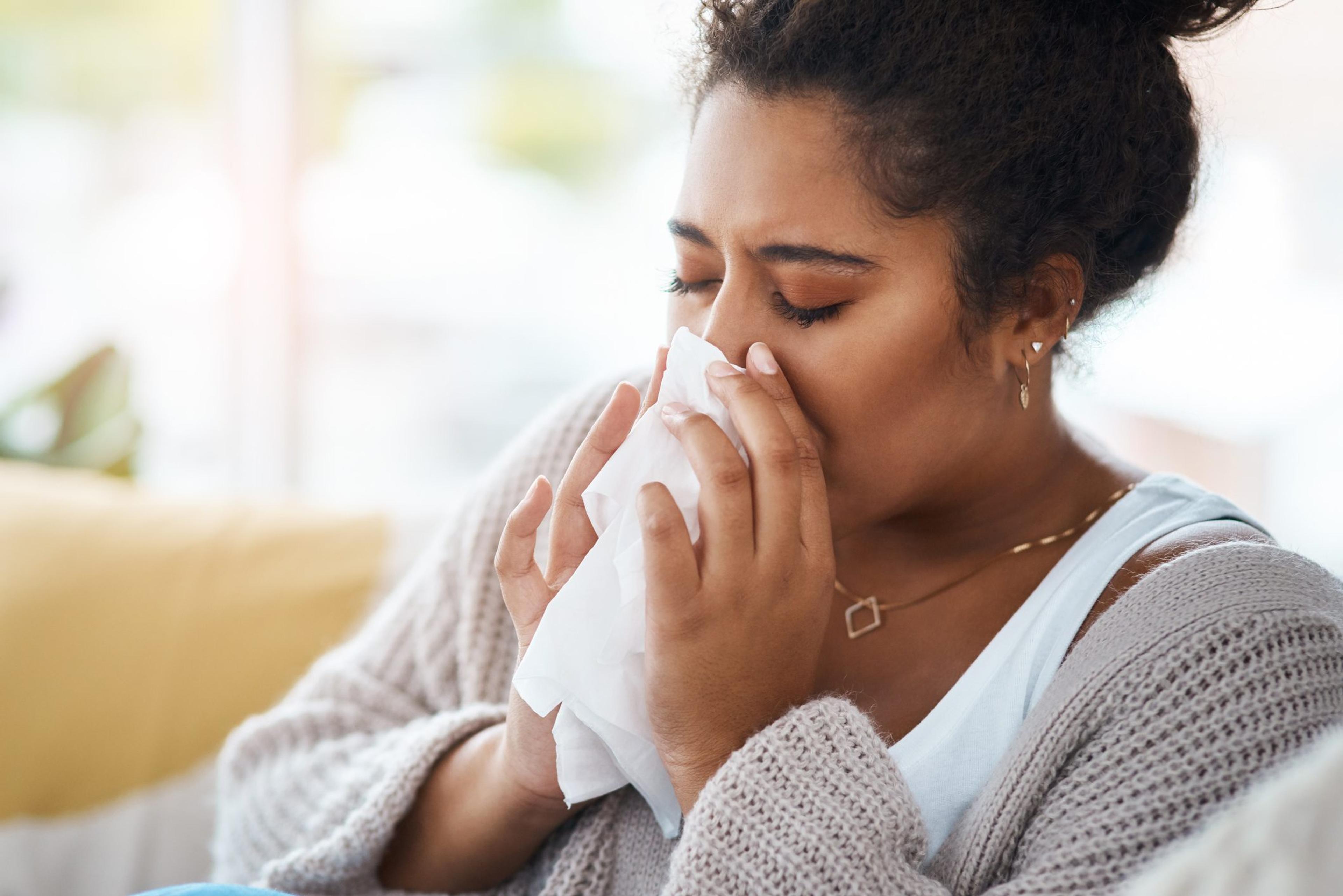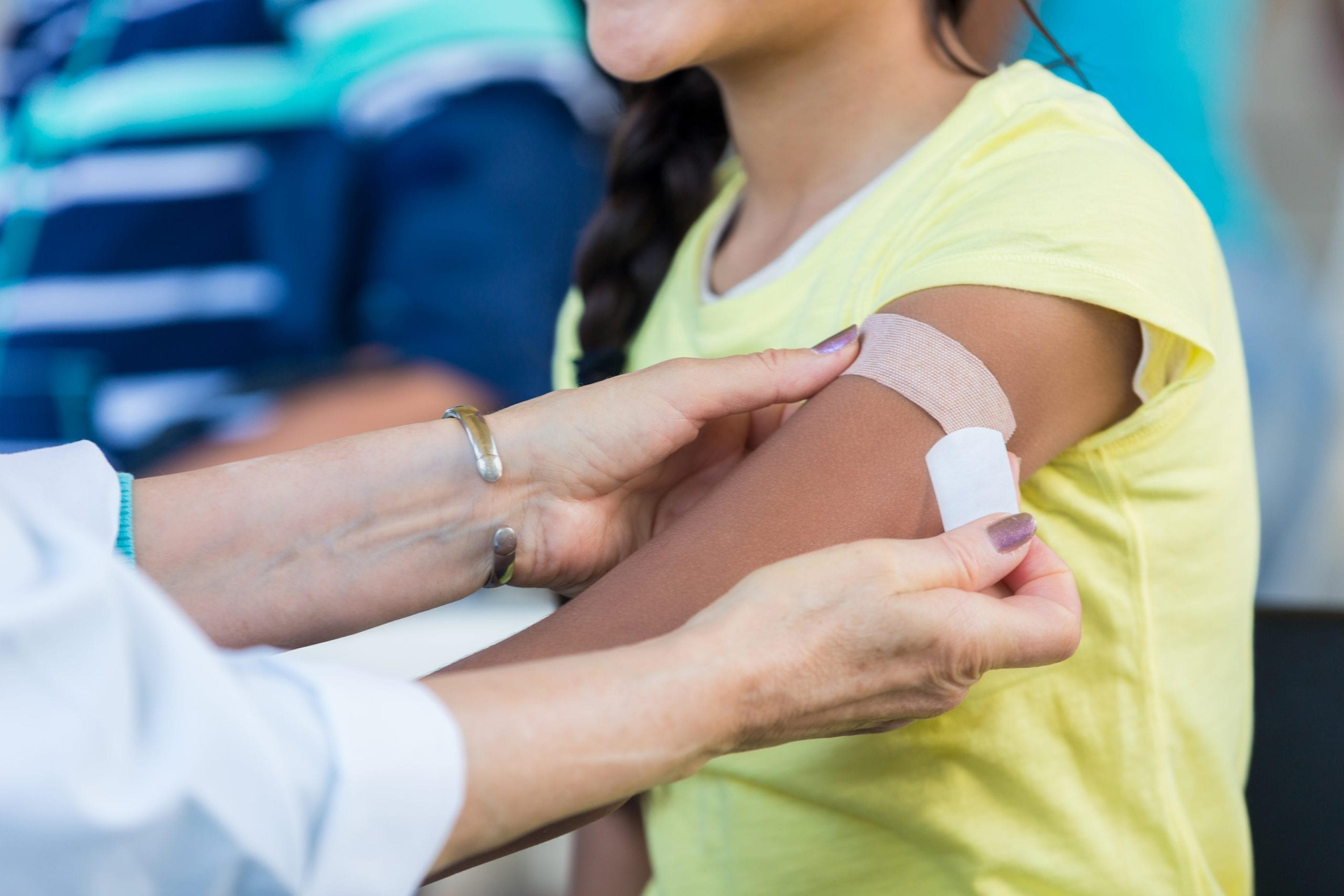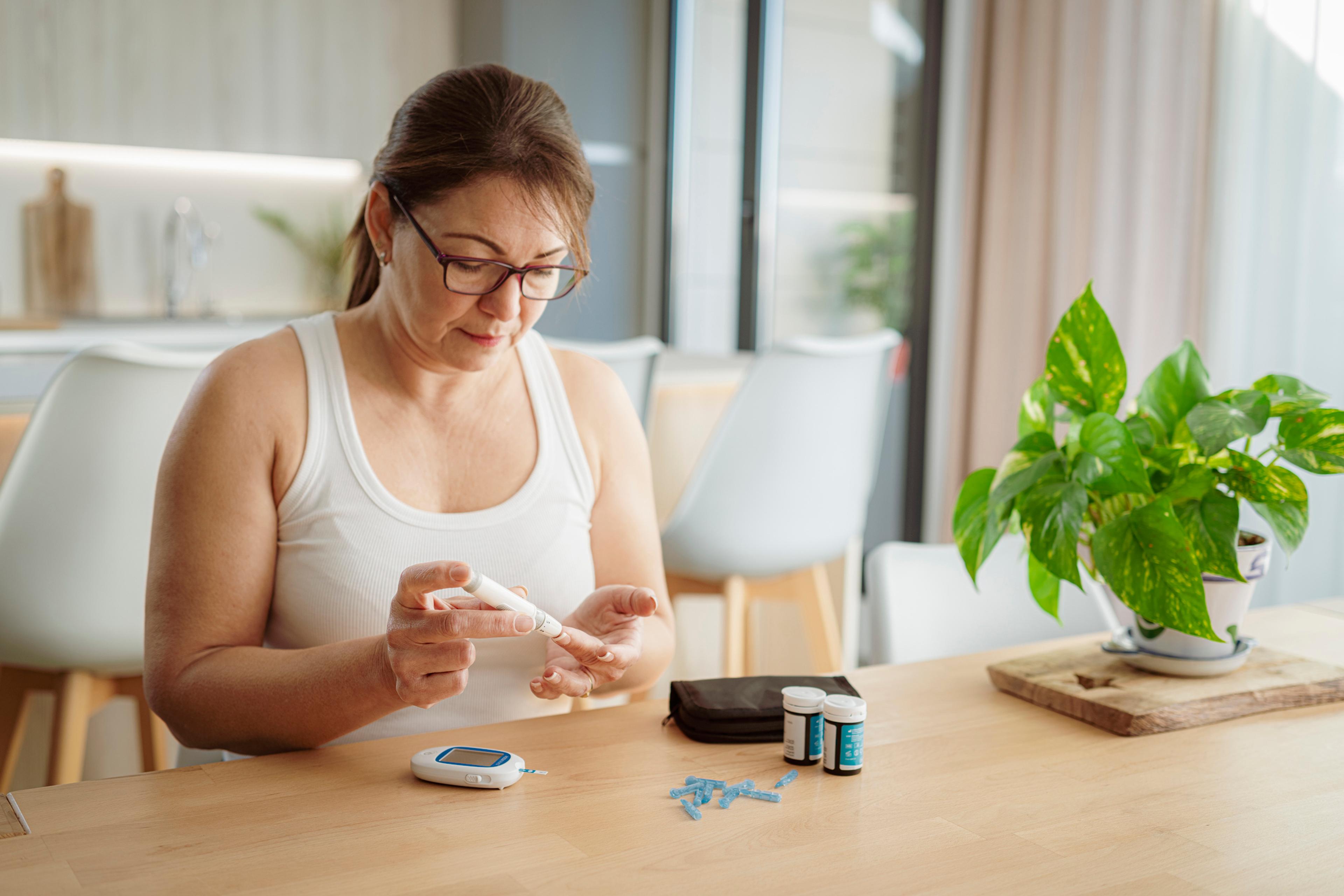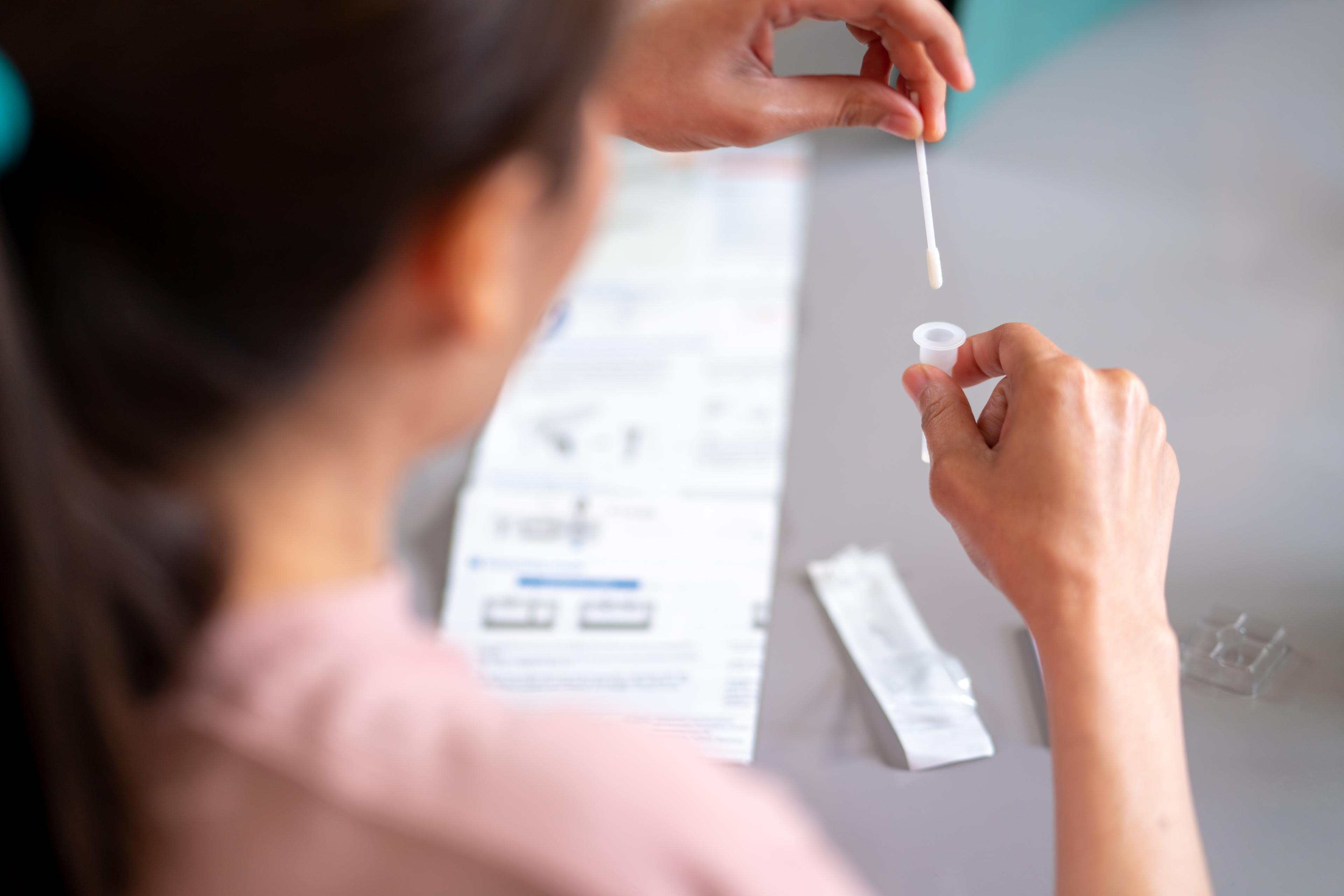How Booster Shots Keep Your Immunity Strong
Amy Barczy
| 3 min read
Amy Barczy is a former brand journalist who authored...
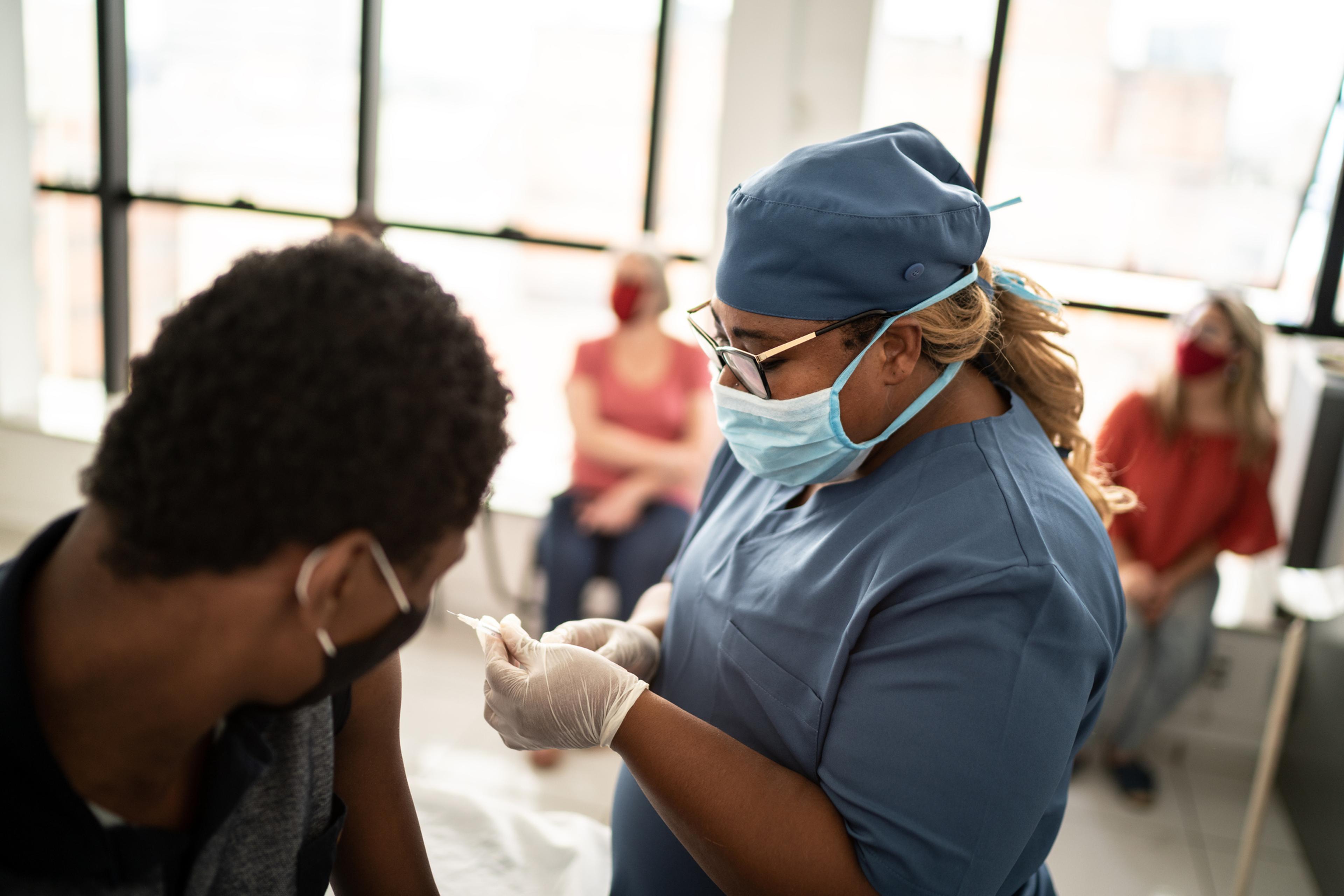
Millions of Americans are now eligible for a booster shot of the COVID-19 vaccine. The U.S. Centers for Disease Control and Prevention has recommended booster doses of the Pfizer, Moderna and Johnson & Johnson vaccines, following the guidance of the U.S. Food and Drug Administration’s emergency use authorization. The Pfizer and Moderna vaccines have received emergency use authorization from the U.S. Food and Drug Administration to include the third dose (booster shot) for individuals age 18 years and up who are immunocompromised, for adults age 65 and older, for adults at a high risk of severe COVID-19 illness and for adults who are more likely to encounter COVID as a result of their job or living arrangements. As of Nov. 19, the FDA has authorized the use of Pfizer and Moderna COVID booster doses for all individuals age 18 and up, and will be available after a recommendation from the CDC. The Johnson & Johnson vaccine has also received emergency use authorization for a booster dose for individuals age 18 and up at least two months after their initial immunization.
How Booster Shots Work
The vaccines help with antibodies, which are a key component of the body’s immune response to illness. Antibodies are proteins that can identify and neutralize invading viruses, bacteria, fungi and parasites based on their molecular patterns. Antibodies are produced when cells in the body are triggered by a foreign substance – like a virus. In the case of the Pfizer and Moderna COVID-19 vaccines, messenger RNA is used to trigger this response. In the Johnson & Johnson vaccine, vector vaccine technology is used to produce an immune response. Over time, the level of antibodies can naturally decrease. But even if antibody levels decrease, the body has a memory of how to fight diseases that it’s been exposed to – either through a prior illness or through a vaccine. Each time the body’s immune system is re-exposed to a disease-causing invader, its response is even stronger – which makes your body more capable of quickly eliminating it. This is why booster shots are a routine part of the recommended schedule of vaccines for children and adults. Booster shots are another dose of a vaccine that you’ve already received. Diseases like chickenpox, tetanus, measle and whooping cough all require booster shots. Now, the COVID-19 vaccines also will require additional doses to maintain a strong immune response.
Booster Shot Eligibility
In the case of COVID-19, federal health officials have amended the emergency use authorization so individuals who are more vulnerable to COVID can receive a booster dose. A third “booster” dose of the Pfizer and Moderna COVID-19 vaccines is authorized for the following groups at least six months after their initial vaccination series:
- 65 years and older
- Age 18 years and up who live in long-term care settings
- Age 18 years and up who have underlying medical conditions
- Age 18 years and up who work or live in high-risk settings
Individuals age 18 and up who received the Johnson & Johnson vaccine at least two months ago are now also eligible for a booster dose. While health officials with the CDC and FDA advise individuals to attempt to receive a booster of the same brand as their original shot, they also advise that patients can choose which brand of vaccine they can receive as a booster dose, and that mixing and matching vaccine brands is OK. Talk with your health care provider if you have questions or concerns about where and when to receive one. More from MIBluesPerspectives:
Photo credit: Getty Images

